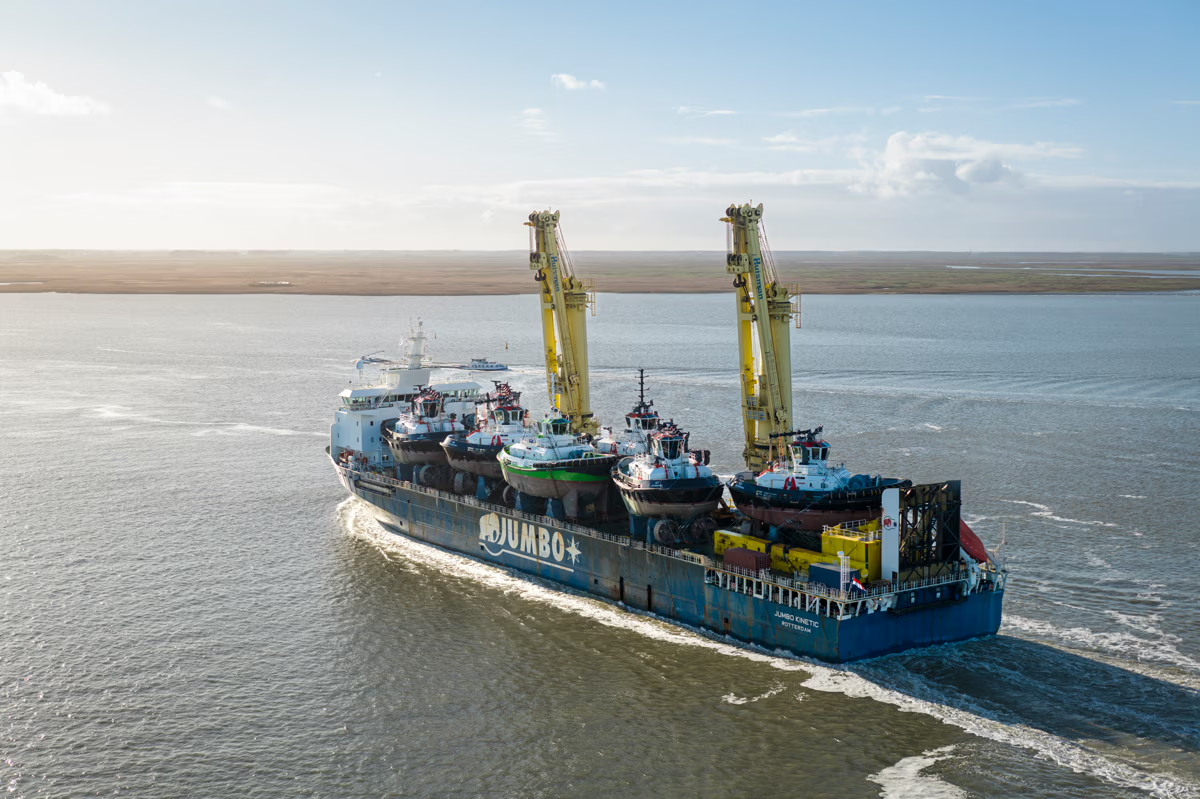Nippon Yusen Kabushiki Kaisha (NYK), Knutsen NYK Carbon Carriers (KNCC), and Nihon Shipyard (NSY) are conducting a joint constructability study for a 40,000 cbm terminal-to-terminal liquefied CO2 (LCO2) vessel.
This study will utilize KNCC’s proprietary LCO2-Elevated Pressure (LCO2-EP) Cargo Tanks technology, in collaboration with Nihon Shipyard Co., Ltd. (NSY). NSY is a joint venture between Imabari Shipbuilding Co., Ltd. and Japan Marine United Corporation, specializing in ship design and sales.
| Company Name | Role |
| NYK | ・Develop overall policy ・Evaluate constructability and appropriateness |
| KNCC | ・Provide technical and regulatory expertise on LCO2-EP vessel |
| NSY | ・Study construction of LCO2-EP vessel from a shipyard perspective |
CCS (Carbon dioxide Capture and Storage) is a technology to capture CO2 at the source — such as power plants, chemical plants, and the like — by separating CO2 from other gases, compressing the CO2 for transportation, and then injecting the CO2 deep into underground or undersea rock formations at a carefully selected and safe site, where the CO2 is permanently stored.
CCS technology is attracting attention as a way to achieve a carbon-neutral society. This initiative aims to contribute to the establishment of a CCS value chain and to the reduction of greenhouse gas emissions.
This joint study with NSY will be another key milestone for us as it will provide the capability through KNCC to offer LCO2-EP marine transportation service in addition to MP and LP. We will continue to study the establishment of a system for the construction of LCO2-EP vessels to support the development of CCS projects globally.
… said Tsutomu Yokoyama, Executive Officer, NYK
Tomoaki Takahira, Director and Chief of the Design Division at NSY, stated that while Carbon Capture and Storage (CCS) is still in its developmental stage regarding both technology and market structure, the joint study of the LCO2-EP terminal-to-terminal vessel with KNCC and NYK represents an important step toward introducing one of the viable options to the market.
He also mentioned that, in addition to studying medium-pressure and low-pressure vessels, they would continue researching the construction of LCO2-EP vessels to contribute to the establishment of the CCS value chain.
The modular design potentially allows more shipyards to participate, utilizing existing facilities and infrastructure, which broadens industry engagement and enhances efficiency. We are confident that this study will bring significant benefits in cost-effectiveness, quality, and scalability to the maritime construction sector.
… explained Oliver Hagen-Smith, CEO, KNCC




























































